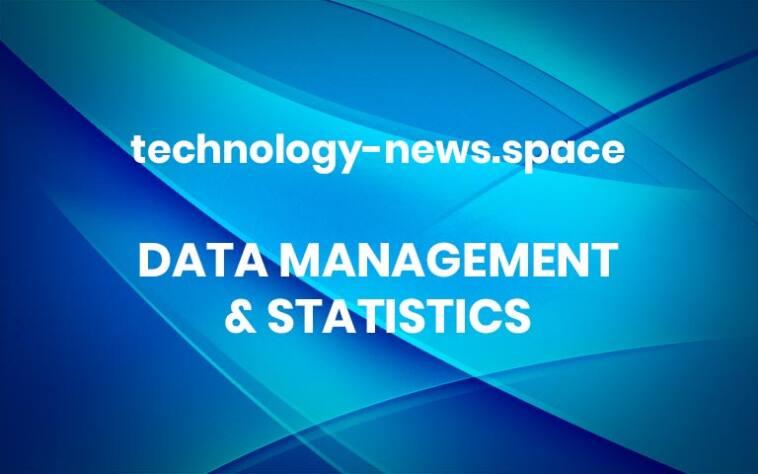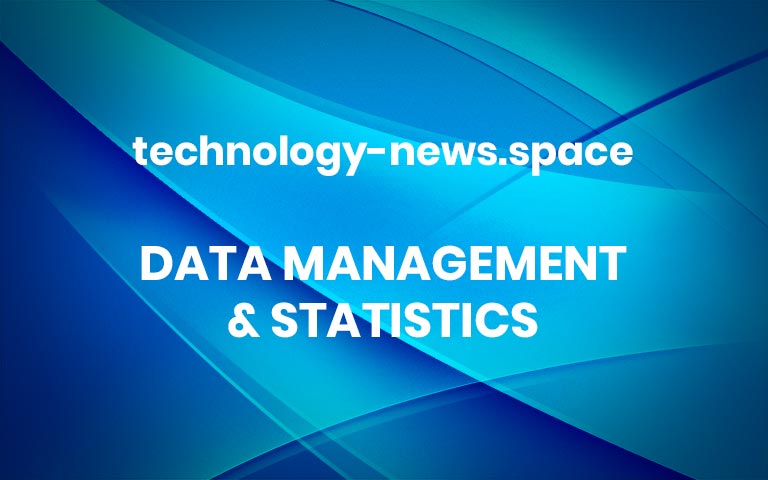The “interdisciplinary approach” is something that has been lauded for decades for its ability to break down silos and create new integrated approaches to research.
For Munther Dahleh, founding director of the MIT Institute for Data, Systems, and Society (IDSS), showing the community that data science and statistics can transcend individual disciplines and form a new holistic approach to addressing complex societal challenges has been crucial to the institute’s success.
“From the very beginning, it was critical that we recognized the areas of data science, statistics, AI, and, in a way, computing, as transdisciplinary,” says Dahleh, who is the William A. Coolidge Professor in Electrical Engineering and Computer Science. “We made that point over and over — these are areas that embed in your field. It is not ours; this organization is here for everyone.”
On April 14-15, researchers from across and beyond MIT joined together to celebrate the accomplishments and impact IDSS has had on research and education since its inception in 2015. Taking the place of IDSS’s annual statistics and data science conference SDSCon, the celebration also doubled as a way to recognize Dahleh for his work creating and executing the vision of IDSS as he prepares to step down from his director position this summer.
In addition to talks and panels on statistics and computation, smart systems, automation and artificial intelligence, conference participants discussed issues ranging from climate change, health care, and misinformation. Nobel Prize winner and IDSS affiliate Professor Esther Duflo spoke on large scale immunization efforts, former MLK Visiting Professor Craig Watkins joined a panel on equity and justice in AI, and IDSS Associate Director Alberto Abadie discussed synthetic controls for policy evaluation. Other policy questions were explored through lightning talks, including those by students from the Technology and Policy Program (TPP) within IDSS.
A place to call home
The list of IDSS accomplishments over the last eight years is long and growing. From creating a home for 21st century statistics at MIT after other unsuccessful attempts, to creating a new PhD preparing the trilingual student who is an expert in data science and social science in the context of a domain, to playing a key role in determining an effective process for Covid testing in the early days of the pandemic, IDSS has left its mark on MIT. More recently, IDSS launched an initiative using big data to help effect structural and normative change toward racial equity, and will continue to explore societal challenges through the lenses of statistics, social science, and science and engineering.
“I’m very proud of what we’ve done and of all the people who have contributed to this. The leadership team has been phenomenal in their commitment and their creativity,” Dahleh says. “I always say it doesn’t take one person, it takes the village to do what we have done, and I am very proud of that.”
Prior to the institute’s formation, Dahleh and others at MIT were brought together to answer one key question: How would MIT prepare for the future of systems and data?
“Data science is a complex area because in some ways it’s everywhere and it belongs to everyone, similar to statistics and AI,” Dahleh says “The most important part of creating an organization to support it was making it clear that it was an organization for everyone.” The response the team came back with was to build an Institute: a department that could cross all other departments and schools.
While Dahleh and others on the committee were creating this blueprint for the future, the events that would lead early IDSS hires like Caroline Uhler to join the team were also beginning to take shape. Uhler, now an MIT professor of computer science and co-director of the Eric and Wendy Schmidt Center at the Broad Institute, was a panelist at the celebration discussing statistics and human health.
In 2015, Uhler was a faculty member at the Institute of Science and Technology in Austria looking to move back to the U.S. “I was looking for positions in all different types of departments related to statistics, including electrical engineering and computer science, which were areas not related to my degree,” Uhler says. “What really got me to MIT was Munther’s vision for building a modern type of statistics, and the unique opportunity to be part of building what statistics should be moving forward.”
The breadth of the Statistics and Data Science Center has given it a unique and a robust character that makes for an attractive collaborative environment at MIT. “A lot of IDSS’s impact has been in giving people like me a home,” Uhler adds. “By building an institute for statistics that is across all schools instead of housed within a single department, it has created a home for everyone who is interested in the field.”
Filling the gap
For Ali Jadbabaie, former IDSS associate director and another early IDSS hire, being in the right place at the right time landed him in the center of it all. A control theory expert and network scientist by training, Jadbabaie first came to MIT during a sabbatical from his position as a professor at the University of Pennsylvania.
“My time at MIT coincided with the early discussions around forming IDSS and given my experience they asked me to stay and help with its creation,” Jadbabaie says. He is now head of the Department of Civil and Environmental Engineering at MIT, and he spoke at the celebration about a new MIT major in climate system science and engineering.
A critical early accomplishment of IDSS was the creation of a doctoral program in social and engineering systems (SES), which has the goal of educating and fostering the success of a new type of PhD student, says Jadbabaie.
“We realized we had this opportunity to educate a new type of PhD student who was conversant in the math of information sciences and statistics in addition to an understanding of a domain — infrastructures, climate, political polarization — in which problems arise,” he says. “This program would provide training in statistics and data science, the math of information sciences and a branch of social science that is relevant to their domain.”
“SES has been filling a gap,” adds Jadbabaie. “We wanted to bring quantitative reasoning to areas in social sciences, particularly as they interact with complex engineering systems.”
“My first year at MIT really broadened my horizon in terms of what was available and exciting,” says Manxi Wu, a member of the first cohort of students in the SES program after starting out in the Master of Science in Transportation (MST) program. “My advisor introduced me to a number of interesting topics at the intersection of game theory, economics, and engineering systems, and in my second year I realized my interest was really about the societal scale systems, with transportation as my go-to application area when I think about how to make an impact in the real world.”
Wu, now an assistant professor in the School of Operations Research and Information Engineering at Cornell, was a panelist at the Celebration’s session on smart infrastructure systems. She says that the beauty of the SES program lies in its ability to create a common ground between groups of students and researchers who all have different applications interests but share an eagerness to sharpen their technical skills.
“While we may be working on very different application areas, the core methodologies, such as mathematical tools for data science and probability optimization, create a common language,” Wu says. “We are all capable of speaking the technical language, and our diversified interests give us even more to talk about.”
In addition to the PhD program, IDSS has helped bring quality MIT programming to people around the globe with its MicroMasters Program in Statistics and Data Science (SDS), which recently celebrated the certification of over 1,000 learners. The MicroMasters is just one offering in the newly-minted IDSSx, a collection of online learning opportunities for learners at different skill levels and interests.
“The impact of branding what MIT-IDSS does across the globe has been great,” Dahleh says. “In addition, we’ve created smaller online programs for continued education in data science and machine learning, which I think is also critical in educating the community at large.”
Hopes for the future
Through all of its accomplishments, the core mission of IDSS has never changed.
“The belief was always to create an institute focused on how data science can be used to solve pressing societal problems,” Dahleh says. “The organizational structure of IDSS as an MIT Institute has enabled it to promote data and systems as a transdiciplinary area that embeds in every domain to support its mission. This reverse ownership structure will continue to strengthen the presence of IDSS in MIT and will make it an essential unit within the Schwarzman College of Computing.”
As Dahleh prepares to step down from his role, and Professor Martin Wainwright gets ready to fill his (very big) shoes as director, Dahleh’s colleagues say the real key to the success of IDSS all started with his passion and vision.
“Creating a new academic unit within MIT is actually next to impossible,” Jadbabaie says. “It requires structural changes, as well as someone who has a strong understanding of multiple areas, who knows how to get people to work together collectively, and who has a mission.”
“The most important thing is that he was inclusive,” he adds. “He didn’t try to create a gate around it and say these people are in and these people are not. I don’t think this would have ever happened without Munther at the helm.” More



